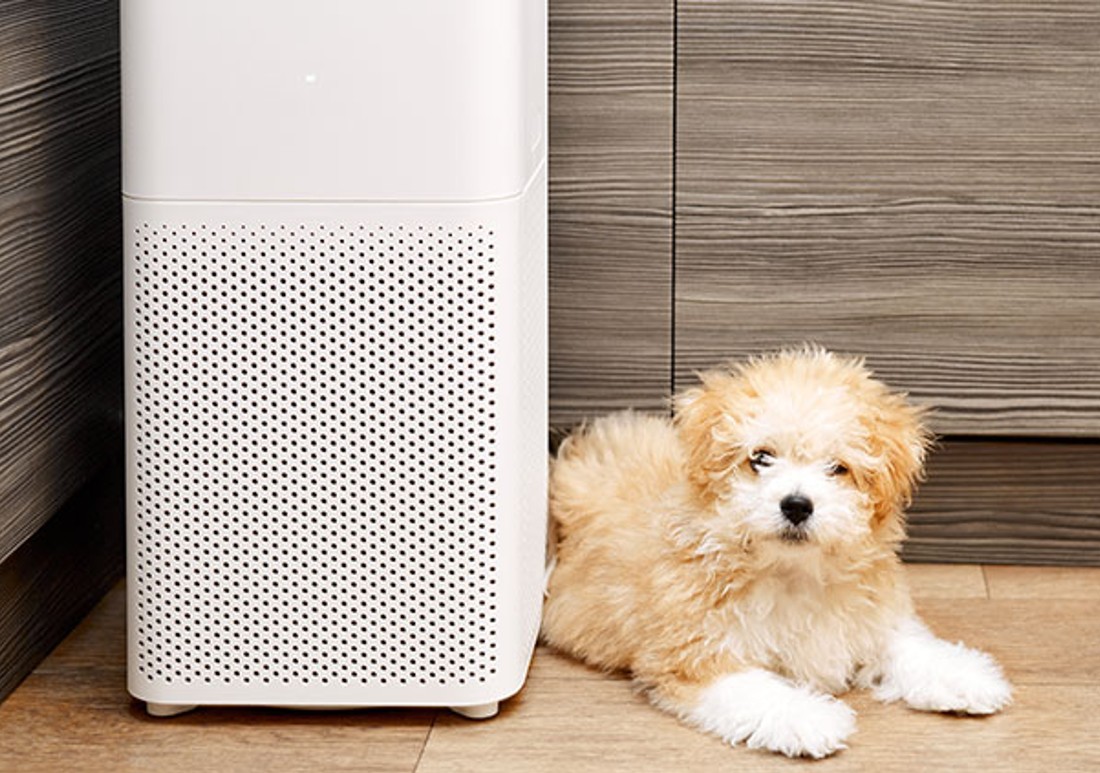Pets & Air Conditioning: Everything You Need To Know

Walking into a cool, refreshing home after enduring the summer heat is undeniably one of life’s small pleasures. For our pets, this isn’t just about comfort; it’s vital for their well-being. As we can adjust to rising temperatures by changing outfits or sipping chilled beverages, our pets lean on us to help them handle the heat. With so many air conditioning options available, like split systems, window units, and portable conditioners, how do we make the right choice for both our homes and our pets? Let’s break it down.
Why Air Conditioning is Essential for Pets
Unlike humans, many pets can’t effectively regulate their body temperature by sweating. This makes them more susceptible to overheating, especially during the scorching summer months. To safeguard them from potential heat-related ailments, maintaining a cool indoor environment is paramount.
Setting the Right Temperature
While our pets do need a cooler environment during the summer, this doesn’t mean you should turn your home into an ice palace. Here’s how you can strike a balance:
- For dogs and cats: A temperature of around 78°F (25°C) is comfortable. If your pet has a thick coat, you might consider setting it a couple of degrees cooler.
- For birds: They generally handle a wider range of temperatures but prefer a consistent climate. A range of 65°F to 80°F (18°C to 27°C) is typically safe, but always consider the specific needs of the bird species you own.
- Small mammals (like hamsters, guinea pigs, etc.): These pets also prefer a consistent climate, usually between 65°F and 75°F (18°C to 24°C).
Understanding Your Options
- Split System Air Conditioners: These are among the most popular choices for homes. Comprising both an indoor and outdoor unit, they efficiently cool large areas. If your pet roams around various parts of the house, a split system can offer consistent cooling throughout. Ensure the indoor unit isn’t blowing air directly onto your pet’s favorite resting spot to avoid direct cold drafts.
- Window Air Conditioners: These are compact units installed in window frames. They’re ideal for cooling single rooms. If your pet has a specific area they frequent, such as a bedroom or living room, a window unit can keep that space comfortable. Just like with split systems, make sure the direct airflow doesn’t target your pet’s resting area.
- Portable Air Conditioners: As the name suggests, these units can be moved from one room to another. If your pet tends to shift resting spots or if you have multiple pets with different preferred areas, a portable conditioner can be a versatile solution. Remember to keep it at a distance from their resting spots and always ensure the exhaust is appropriately vented.
Safety Measures and Tips
- Avoid Direct Drafts: Regardless of the type of AC unit, avoid placing your pet’s bed or favorite lounging spot in the direct path of airflow. This can lead to them feeling too chilly or uncomfortable.
- Regular Maintenance: With any air conditioning unit, consistent maintenance ensures clean airflow, free from allergens and contaminants that might affect your pet.
- Stay Sun Smart: If your pet enjoys lounging by windows, check to ensure direct sunlight isn’t transforming their beloved spot into a heat trap, even with the AC on. Using blinds or curtains can help.
Alternatives to Air Conditioning
If you’re facing a temporary malfunction or a power outage:
- Pedestal Fans: While not as effective as AC, they can circulate air and offer some relief.
- Cooling mats: These mats provide a cold surface for pets to relax on.
- Fresh water: Ensure your pet always has access to fresh, cool water.
- Wet Towels: A damp towel can offer a temporary cool spot for pets to rest on.
Final Thoughts!
Ensuring our pets remain cool during the summer isn’t just about their comfort; it’s about their health. By understanding the different air conditioning options and tailoring them to our pets’ habits and needs, we create a safe and cozy environment. Always be observant and proactive, and here’s to a cool, safe summer with our furry companions!
If you notice signs of heat distress in your pets or have questions about temperature settings, always consult with a veterinarian.
Your Pet’s Best Interest, Always
At Pet Institute, we take pet care seriously. We're dedicated to transparency, impartiality, and the well-being of your pets in every article, review, and recommendation we provide. Our unwavering commitment to these principles ensures that you, our valued reader, always receive reliable and unbiased information. Let us be your trusted guide in the world of pet care and companionship.